You have not yet added any article to your bookmarks!

Join 10k+ people to get notified about new posts, news and tips.
Do not worry we don't spam!
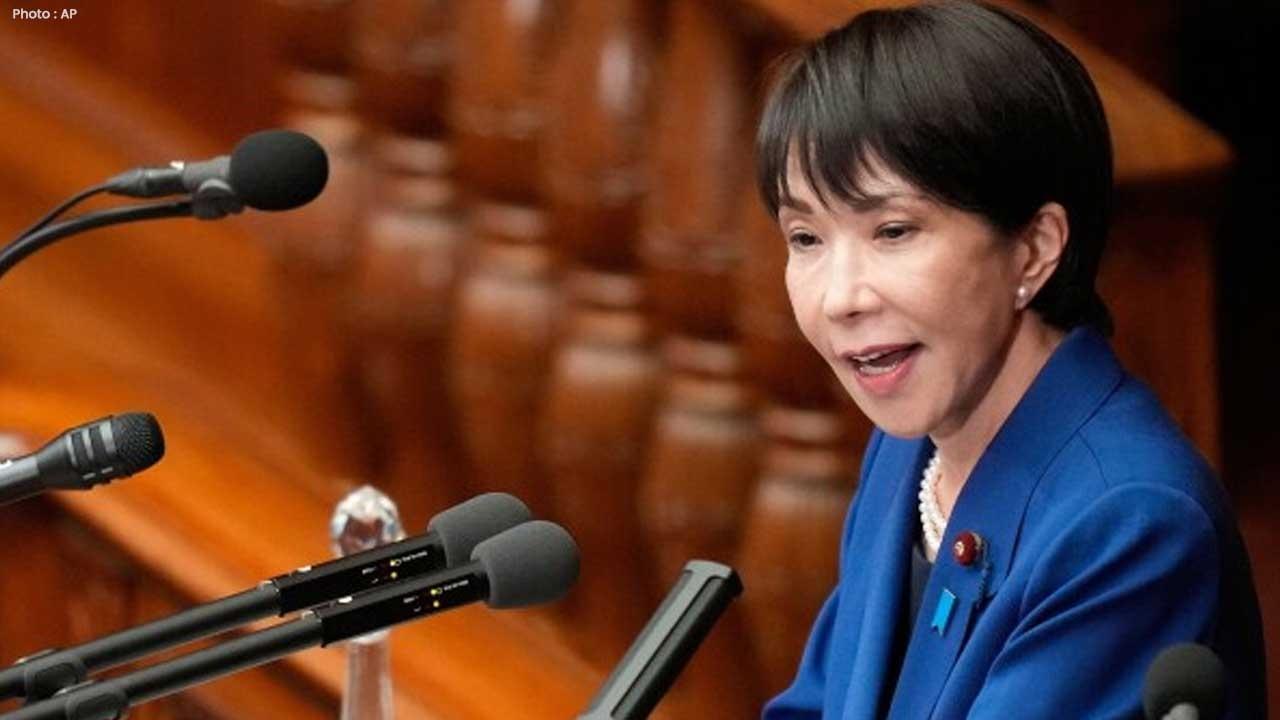
Post by : Rameen Ariff
Tokyo: As she embarks on her new role, Japan's Prime Minister Sanae Takaichi is confronted with a series of significant diplomatic hurdles, managing ties with the United States, China, and neighboring countries. Her inaugural week is filled with high-profile meetings, notably a visit from U.S. President Donald Trump in Tokyo, paired with regional conferences in Malaysia and South Korea.
Despite her relatively limited experience in global affairs, Takaichi is swiftly charting her foreign policy direction. Her itinerary kicks off in Malaysia, where she will engage with Southeast Asian leaders, followed by Trump’s Tokyo visit, and leading to the Asia-Pacific Economic Cooperation (APEC) summit in South Korea.
China's failure to extend congratulations to Takaichi reflects caution regarding her strong advocacy for military growth and her conservative stance on Japan’s historical actions. Observers highlight the silence from Chinese leaders Xi Jinping and Li Qiang, contrasting sharply with the quick congratulatory messages sent to her predecessor.
In a parliamentary address, Takaichi vowed to enhance defense expenditures to 2% of GDP by 2027, ahead of the original timeline. She attributed this need for a fortified military stance to perceived threats from China, North Korea, and Russia. Experts suggest this could align well with Trump’s longstanding demands for increased military contributions from allies.
Takaichi's approach is expected to echo that of former Prime Minister Shinzo Abe, using her political networks and experience to build U.S. trust while carefully managing relations with China.
Takaichi has a history of visiting the Yasukuni Shrine, which pays tribute to Japan’s wartime leaders, drawing criticism from China and South Korea. Analysts assert she may avoid such visits in her role as prime minister to mitigate diplomatic tensions while retaining support from her conservative base.
“Creating a diplomatic incident in her first year would be unwise,” remarked Gerald Curtis, a political analysis expert from Columbia University. Chinese analysts caution that maintaining diplomatic stability requires careful maneuvering, underscoring Abe’s ability to balance military collaboration with the U.S. and cautious engagement with China.
While Takaichi aims to bolster the U.S.-Japan alliance, she faces significant challenges concerning China, where her previous remarks and military plans raise eyebrows. Analysts foresee heightened tensions over regional security and ongoing historical disputes, even with her declared commitment to maintaining stable relations with China.
As she forges ahead, Prime Minister Takaichi must showcase her diplomatic acumen, balancing Trump's expectations, nurturing regional partnerships, and addressing China's reservations, all while leading a new coalition government. Her early foreign policy moves could shape Japan's strategic approach in the Indo-Pacific for the foreseeable future.


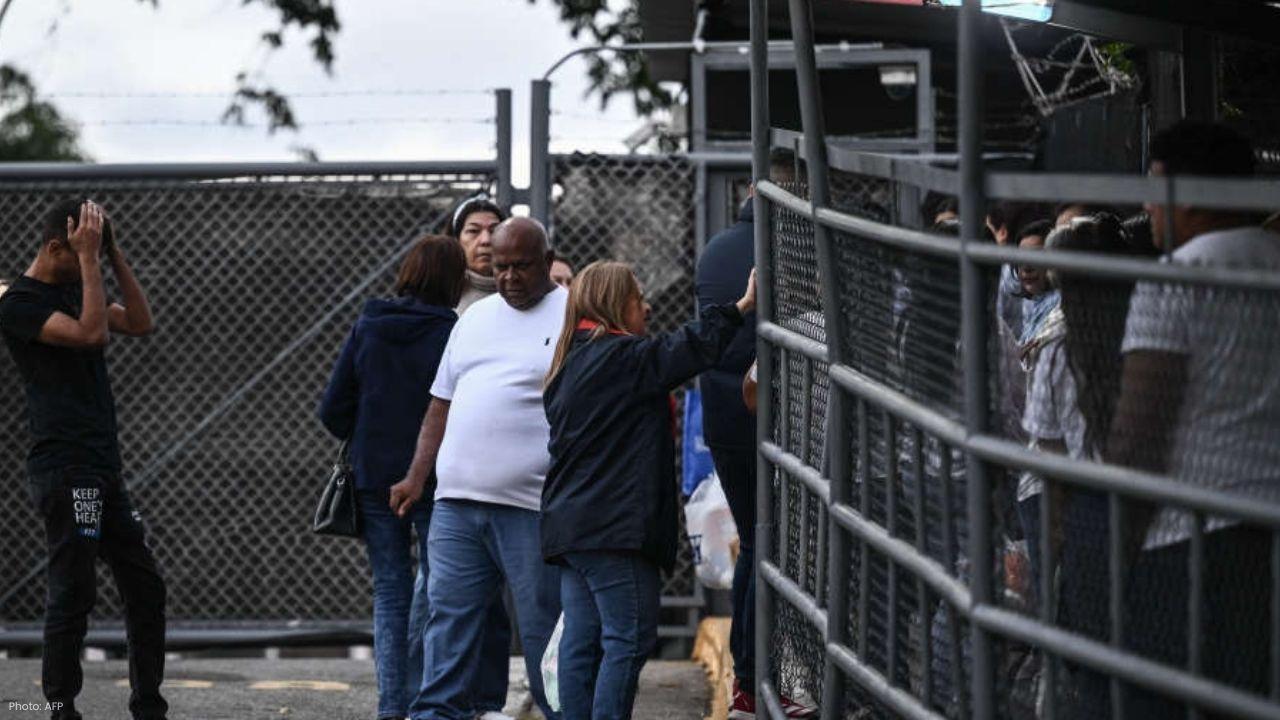


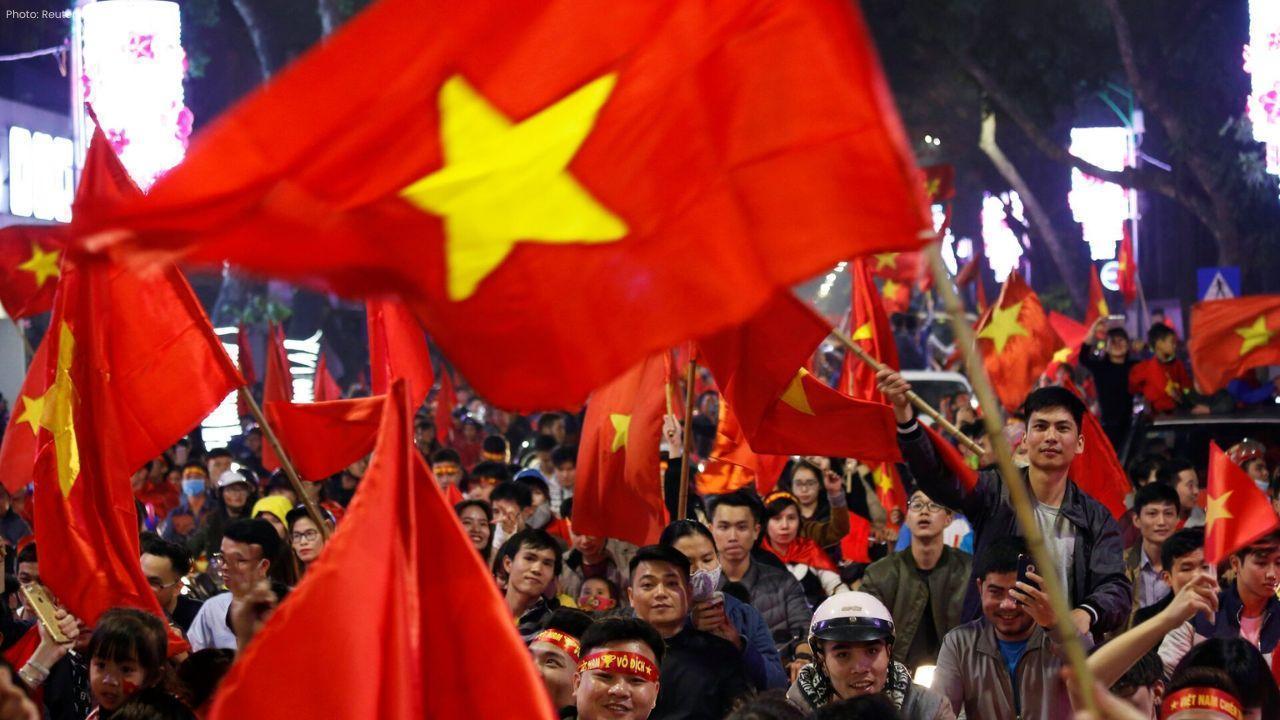
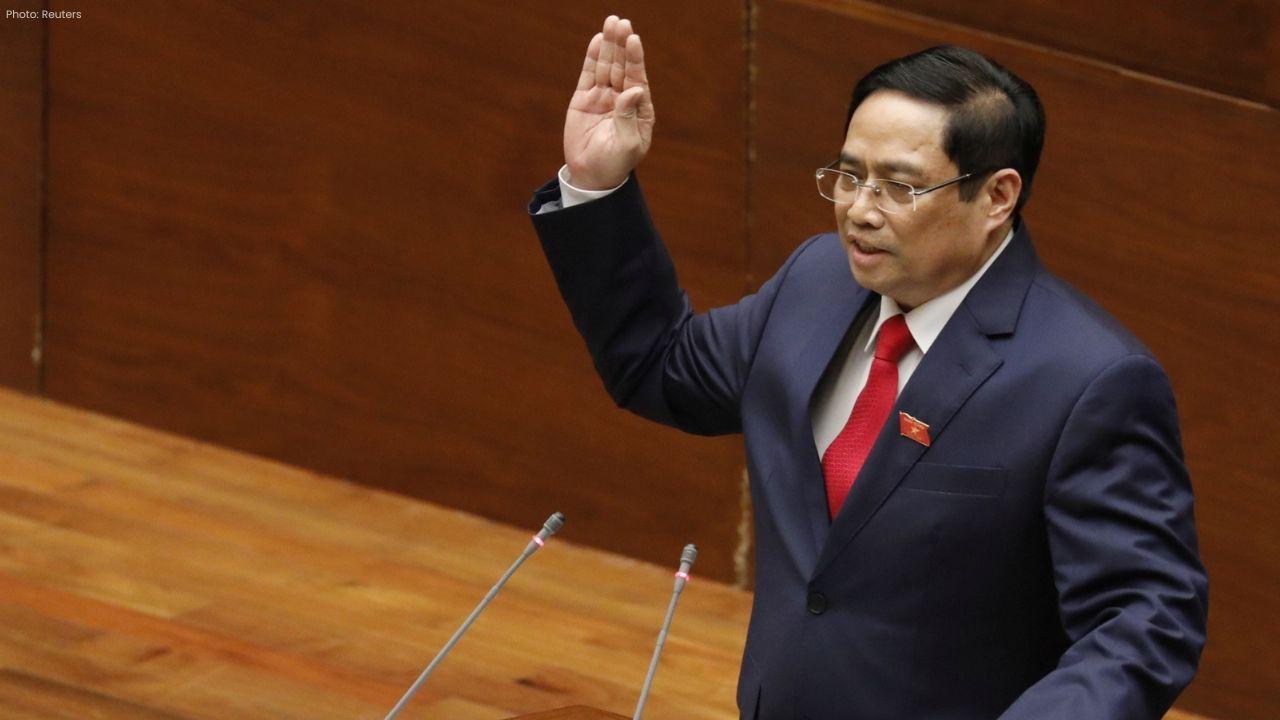
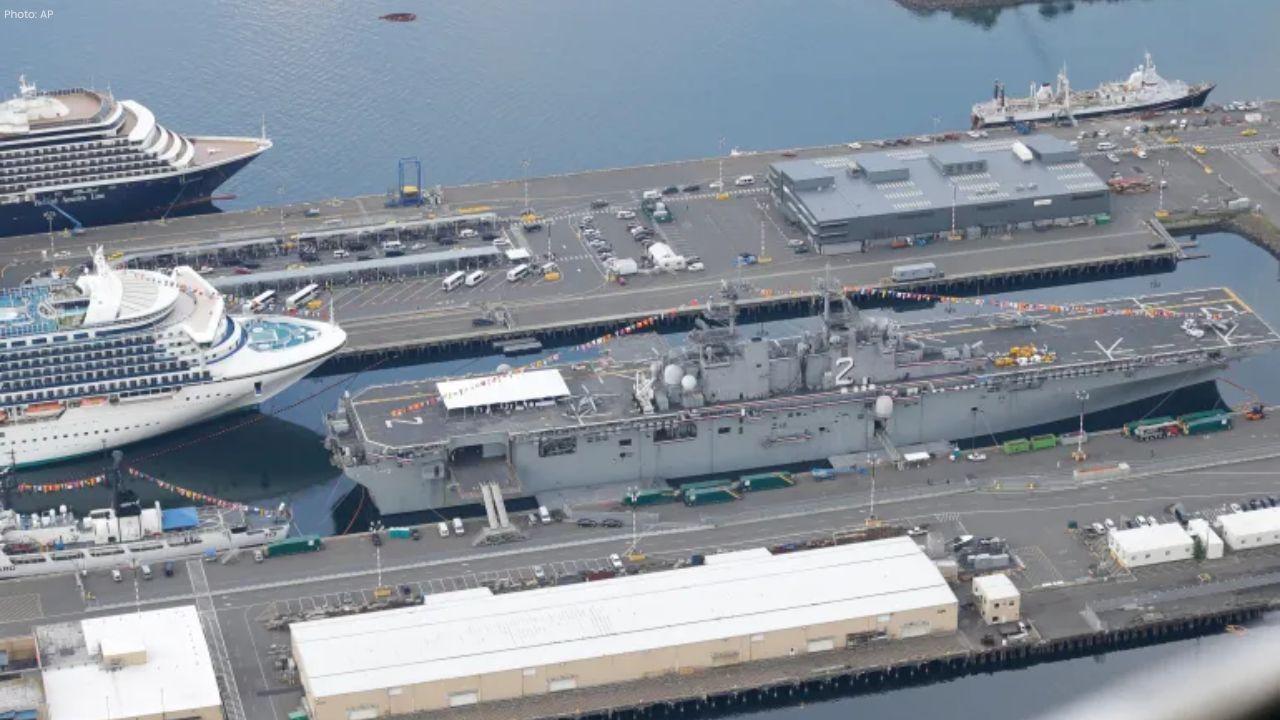


Malaysia to Take Legal Action Against X Over AI Chatbot Grok Safety
Malaysia’s regulator warns X over AI chatbot Grok, citing user safety risks from sexualized image cr

Rashami Desai Opens Up About 8-Year Battle With Depression
TV actress Rashami Desai reveals how work helped her heal from an eight-year-long struggle with depr
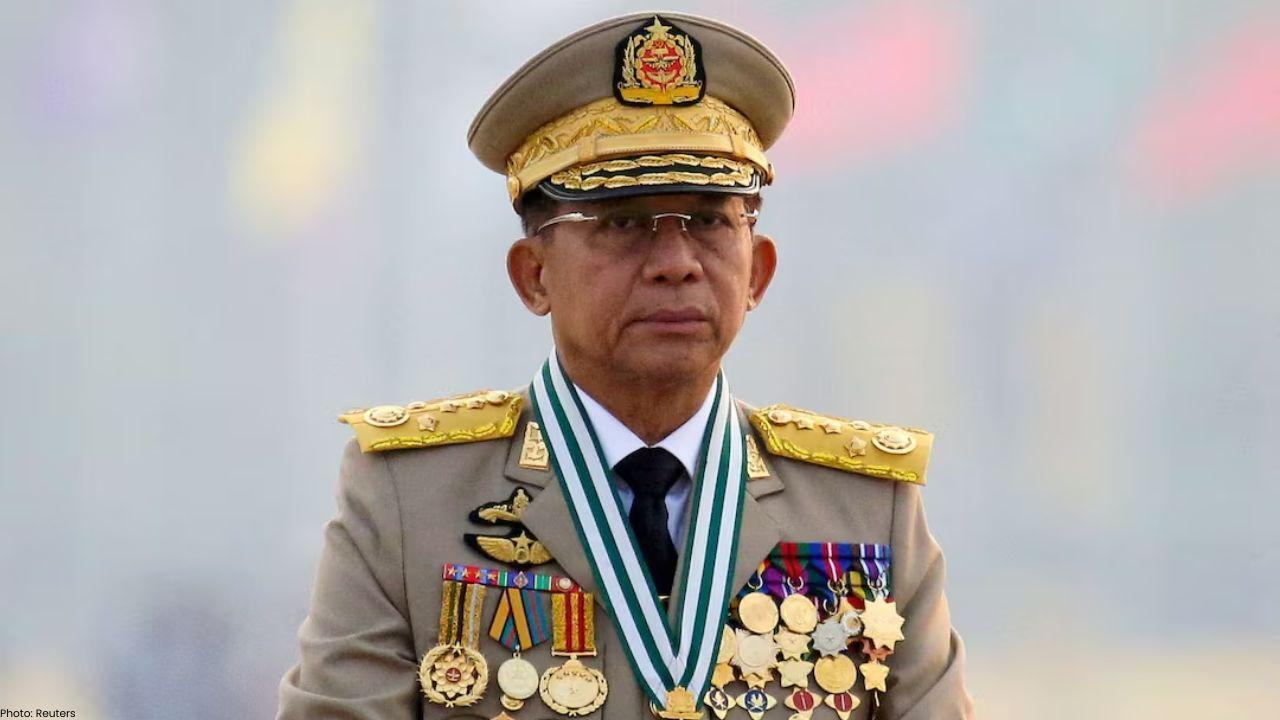
Myanmar Polls Proceed as Junta Chief Min Aung Hlaing Looms Large
Though not on the ballot, junta leader Min Aung Hlaing dominates Myanmar’s election amid civil war,
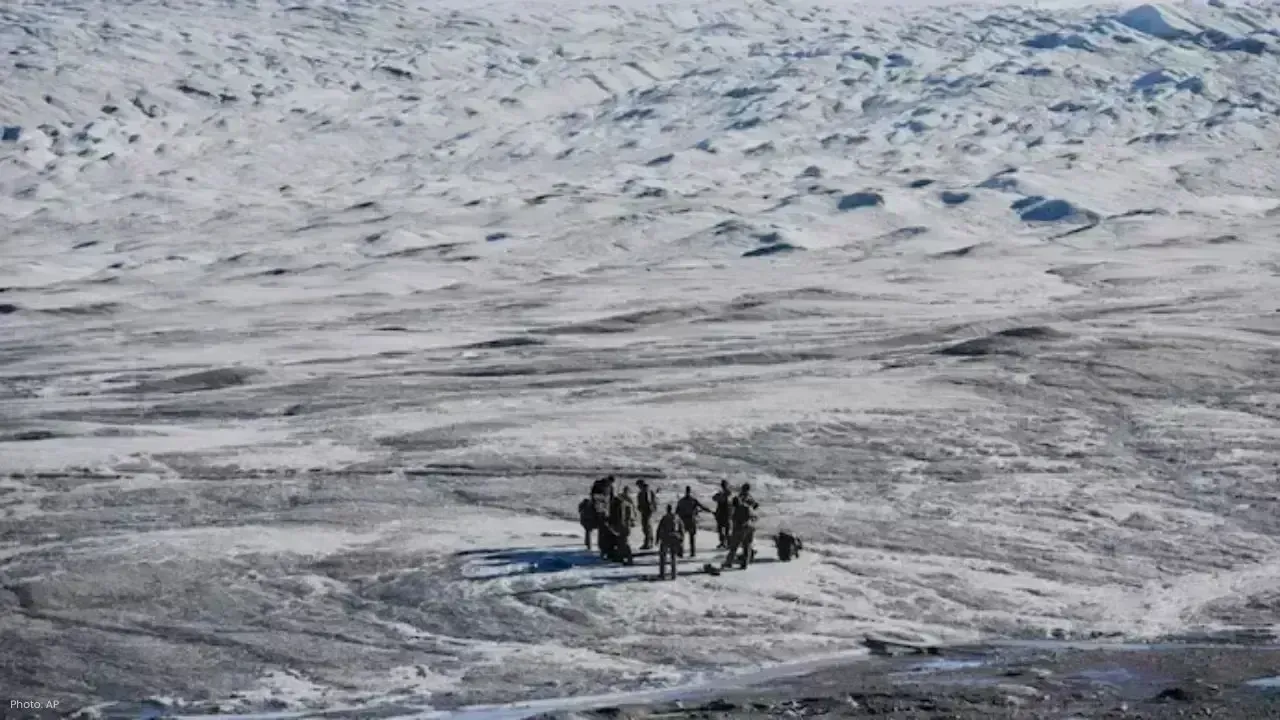
Greenland Annexation Bill Proposed to Strengthen US Arctic Control
A new US bill proposes Greenland's annexation and statehood to secure Arctic dominance and curb Chin
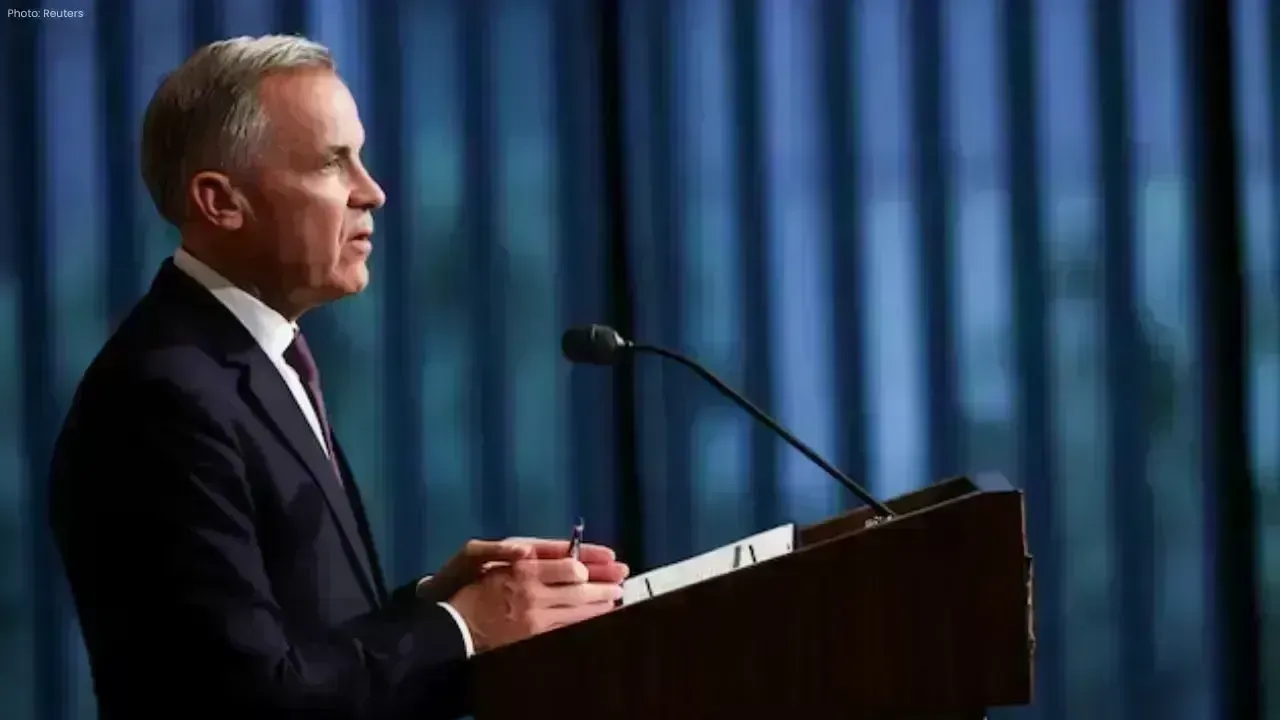
Canada’s PM Mark Carney Begins Key China Visit Amid Trade Tensions
Canada’s PM Mark Carney visits China to strengthen trade and security ties amid strained U.S. relati
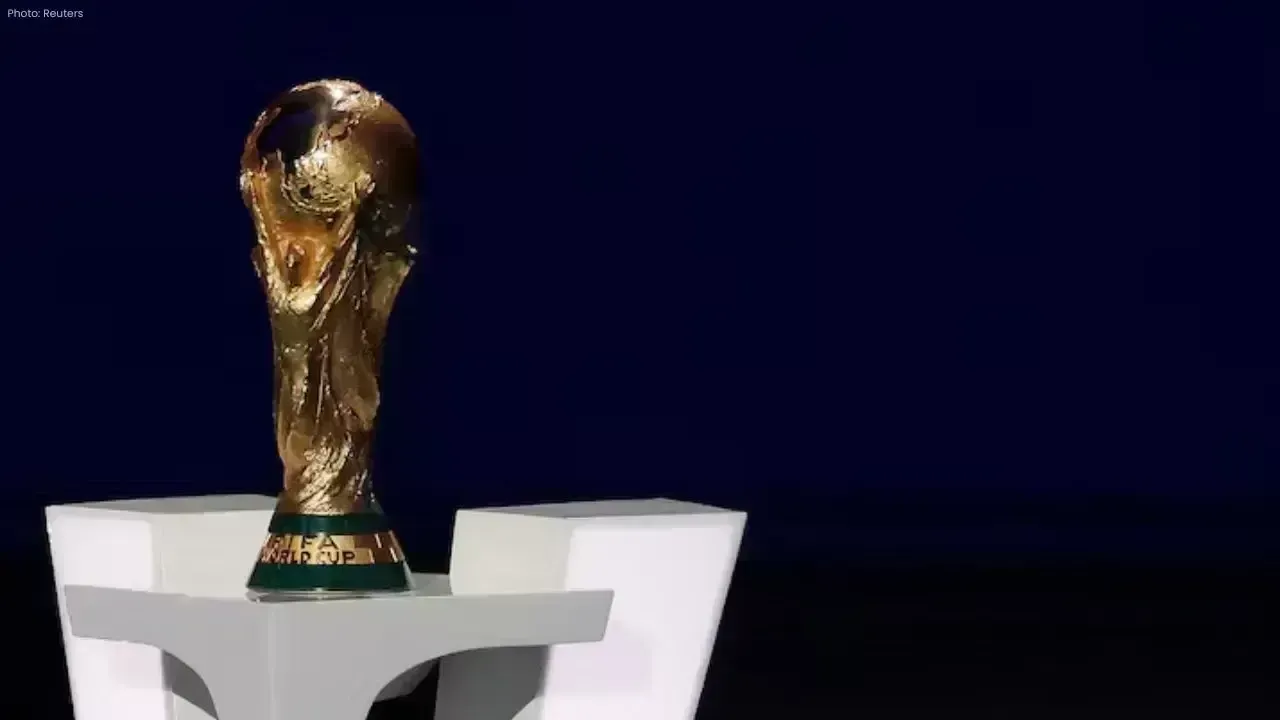
FIFA Names Stats Perform as Exclusive Betting Data Partner for 2026 World Cup
FIFA grants Stats Perform exclusive rights to distribute official betting data and live streams for